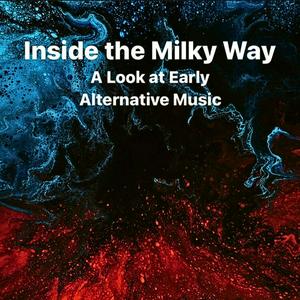1979's London Calling from The Clash is regarded as one of the greatest and most influential albums of all time as the record expanded the beyond the limitations of punk rock to successfully merge punk rock roots with reggae, rockabilly, ska, R&B, jazz, pop and hard rock.
This massive double album of 19 songs contains socially charged lyrical themes include social displacement, racial conflict, unemployment, drug use, the cold war, and nuclear threats, all against the backdrop of a bleak time period in London.
Behind the music and the themes, the album London Calling would influence countless bands and various genres as music moved into the 80’s, making it's release a definitive moment in music history, and solidifying The Clash as one of the most influential bands of the era.
In this episode we will discuss the legendary album London Calling and it’s music, and the story behind it. We will also briefly discuss the early years of The Clash, a band that was right there are the beginning of punk.


